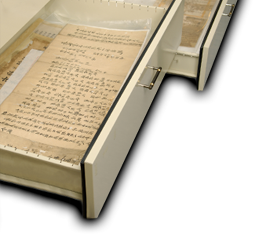Author: The Archives of Institute of Taiwan History
Michael H. Finegan Collections of the Archives of the Institution of Taiwan History include copious photographs and post cards. In addition, many photographic materials stored in the Institution of Taiwan History were collected from our researchers or donated by private collectors. These materials feature a wide range of topics and they are very precious. The Preparatory Office of the Institute of Taiwan History and the Institute of Folk Arts of Taipei National University of the Arts cooperated on the project “Taiwan Visual Memory Digitization and Preservation Project.” We jointly revised and established an appropriate photographic database and its field design from 2002 to 2004. Now, the result of the digitization project is merged into Taiwan Archival Information System and is searchable online.
